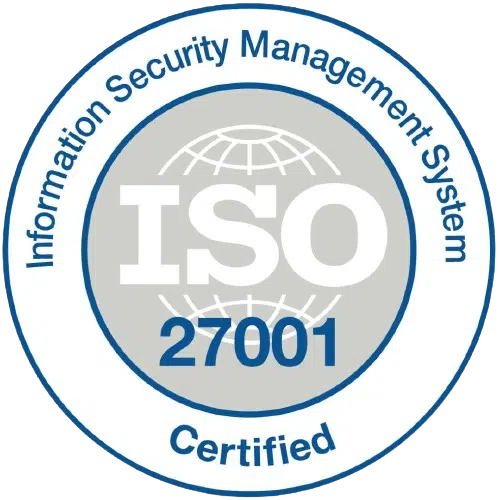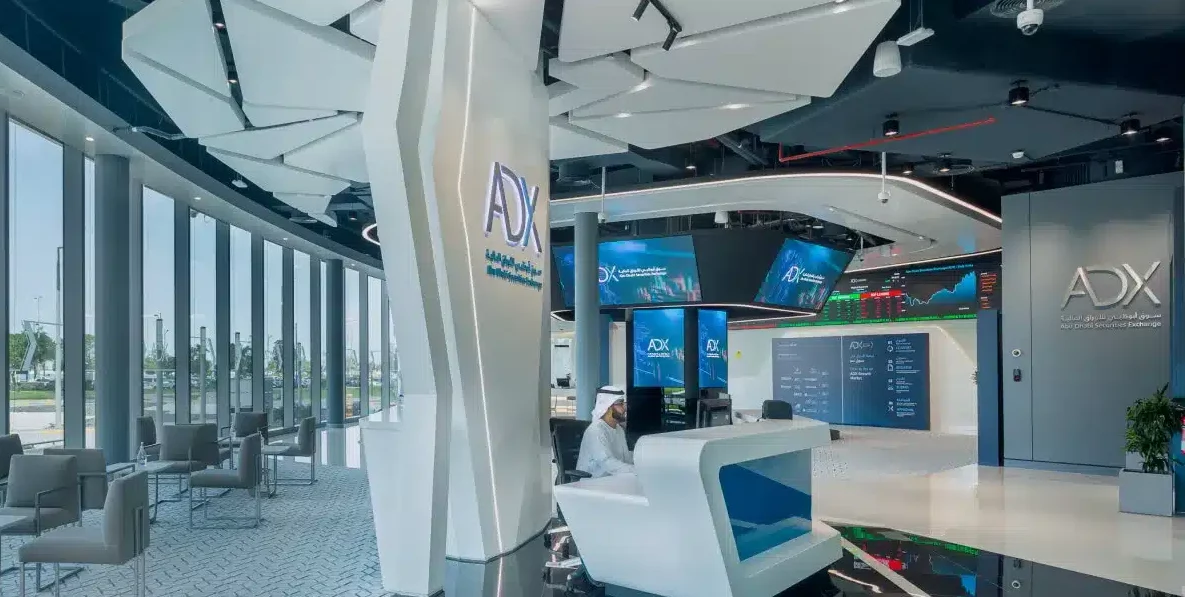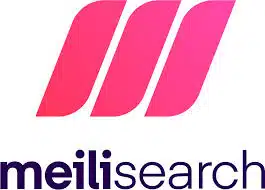Scaling Businesses with Technology that Transcends Geographies & Platforms
ScaleupAlly is a fast growing Technology Services and software development company that empowers businesses to thrive in the digital age. With a talented team of 100+ experts, our commitment to innovation and client satisfaction drives us to deliver exceptional solutions tailored to your specific needs.
Discover our projects
Case Studies
Discover our growth-oriented solutions that have delivered tangible results and created lasting value across industries.
Trusted by 300+ Global Startup and Companies



















350+ Global Business and 2000+ Solutions Designed & Delivered. We are empowering businesses with futuristic solutions that have helped them grow and scale.
Leveraging our deep understanding of client industries, along with our agility and engineering expertise, we continuously equate critical business functions with customized technology.
Started with 4, we’ve scaled to a 100+ strong team of technology enthusiasts, driving the best results for our clients.
Founded in 2018, ScaleupAlly has rapidly grown with a 66% CAGR and has rapidly established itself as a leader in delivering strategic technology solutions that drive business scalability and efficiency.
Rely on ScaleupAlly as a Dedicated Development Center. We are building technology teams for them that drive innovation and help businesses scale efficiently.
Derived from Clutch, GoodFirms and client surveys, our exceptional Net Promoter Score reflects our commitment to technical excellence and customer satisfaction
Power of Tailored Solutions
Our Services
A Vision that Empowers Industries Through Tailored Technology Solutions
From Startups to SMEs, our expertise in AI, Software Development & Data Analytics helps businesses scale, optimize, and stay ahead in this ever-evolving digital landscape.
Wall of Love
Our Clients are our Superheros
Strategic Partnership to Unlock Greater Business Value





Latest Blogs
Explore Our Featured Blogs

Calculating ROI for Software Development: A Detailed Guide
Discover proven strategies and practical tips to enhance the ROI for software development projects. Learn how to measure success and…
Manu Jain
November 25, 2025 ,
19 min read

How much does it cost to build a Generative AI? [Updated 2025]
Wondering how much it costs to build generative AI? Discover the cost required, factors affecting, alternate options & considerations for…
Manu Jain
June 01, 2025 ,
16 min read

20 Best Power BI Report Examples in 2025 with Metrics, Use Cases & Insights
Struggling to turn your data into actionable insights? Explore ScaleupAlly's curated list of stunning Power BI report examples and create…
Tarsem Singh
June 06, 2024 ,
19 min read
Frequently Asked Questions
Driven by passion and technical excellence, our team thrives on a culture of innovation.
Start Building Your Development Dream Team With ScaleupAlly













































